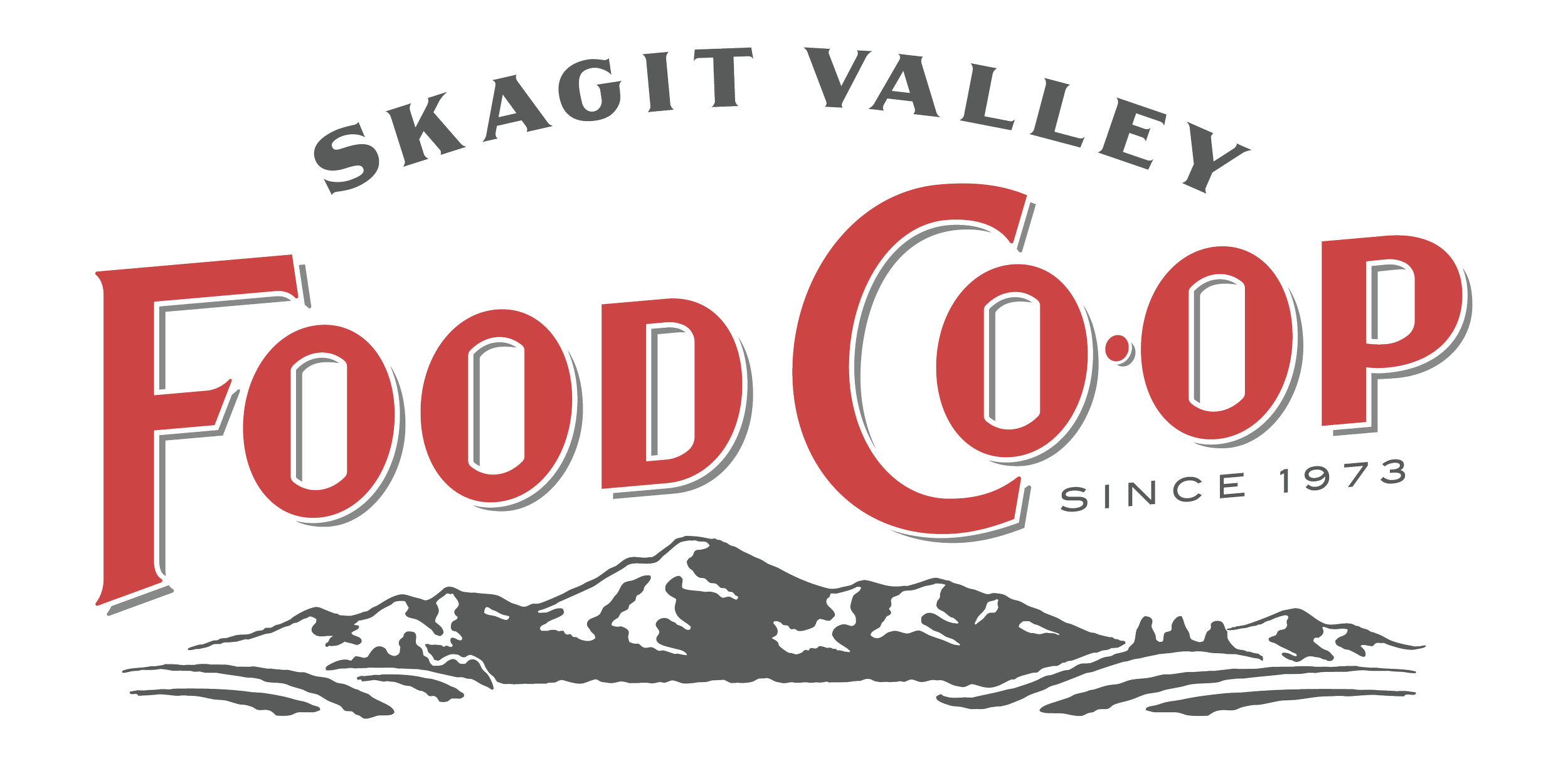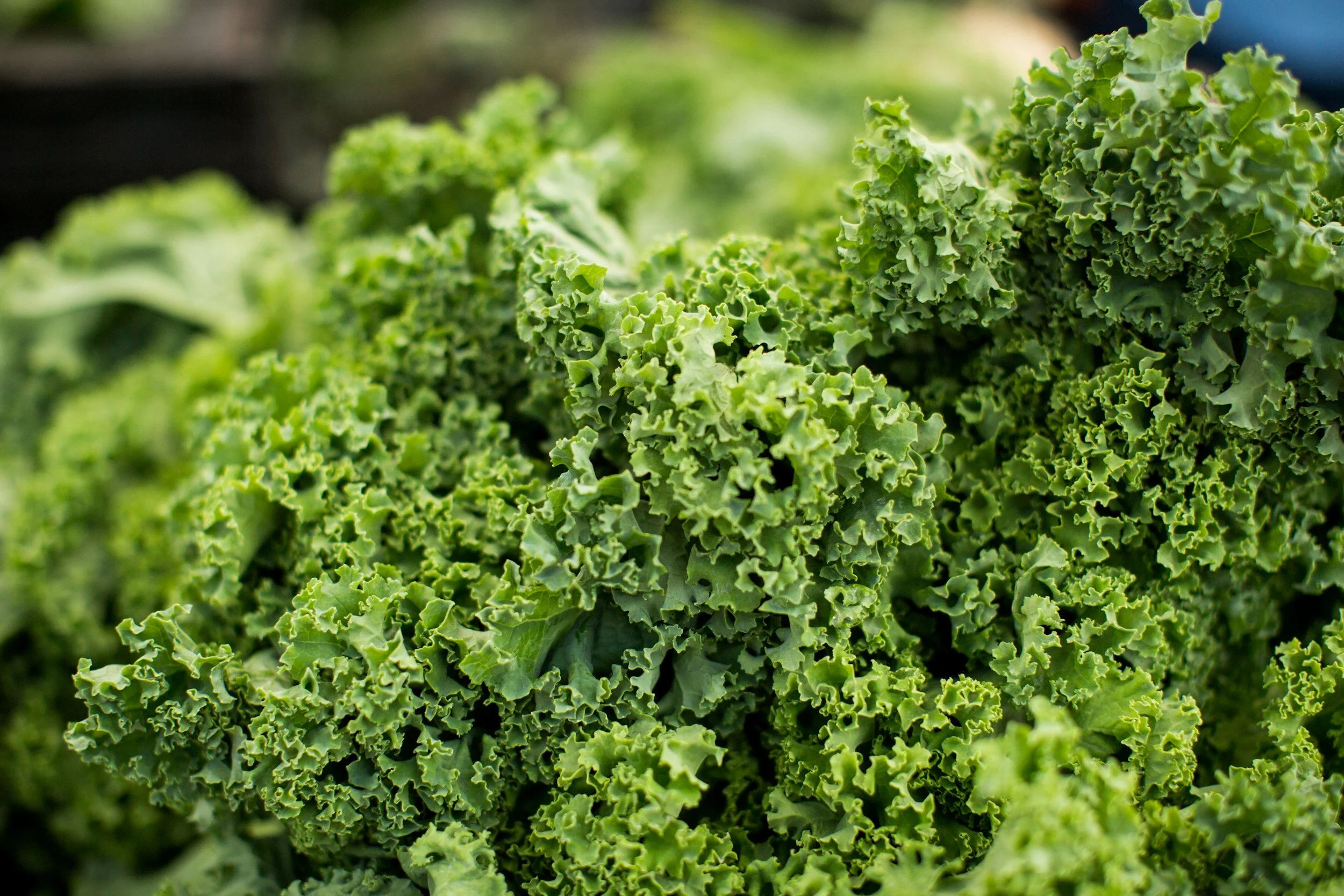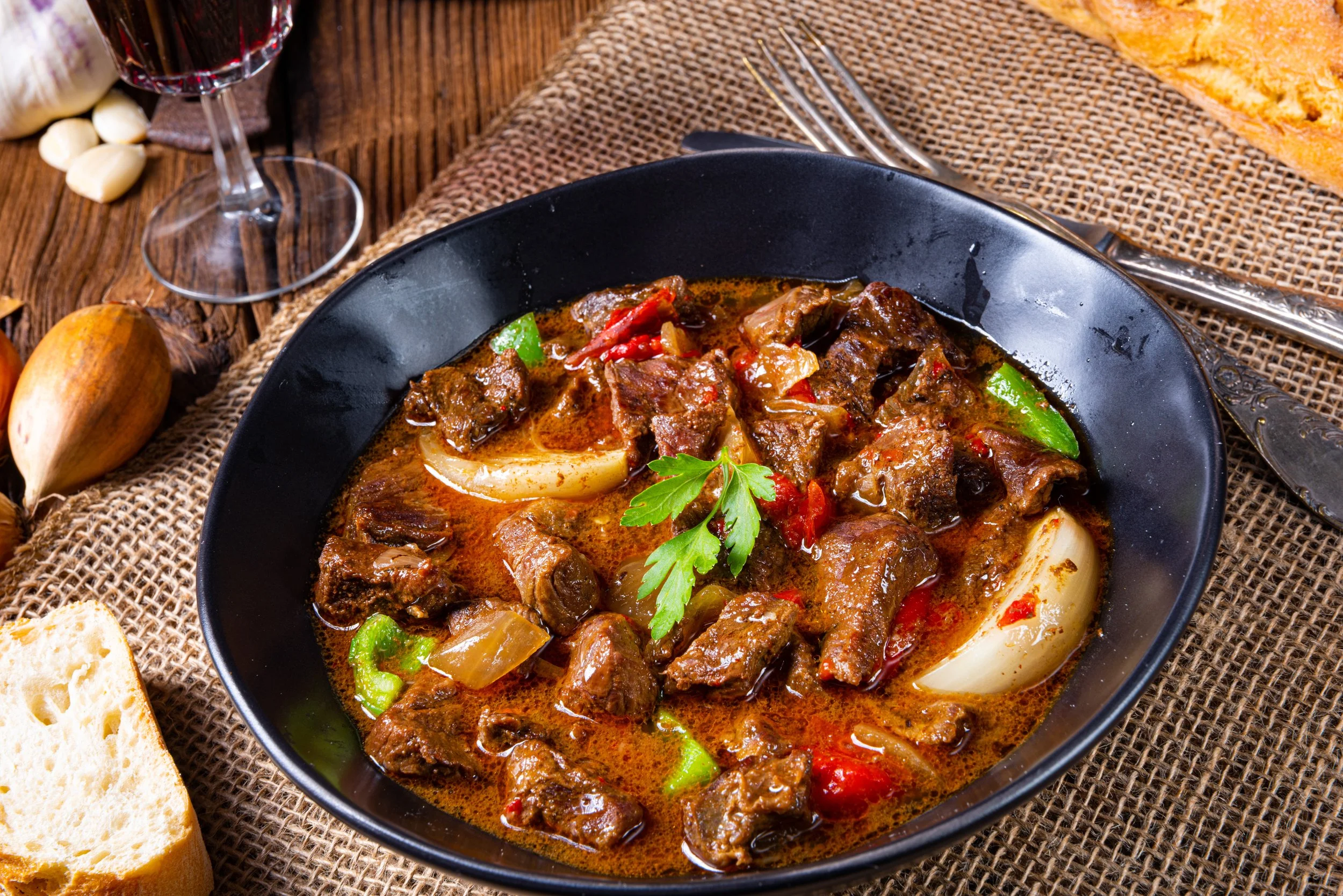Ingrained in our Language: Food & Farm Phrases
Food phrases pepper our language. They are baked into casual conversation—so much so that you may not notice how ingrained food and farm references are in our everyday encounters with words.
My family is both food and language-oriented. I will happily dig into a book on word origins. I eat etymology for breakfast, as do my linguistic-oriented parents. The apple doesn’t fall far from the tree… the kids and I play word games and enjoy clever phrases when we’re hanging out in the kitchen rustling up a meal or spot a particularly clever bumper sticker on a ho-hum errand.
My head-time recently spent musing origins of our food and farm-related words, then, is par for the course. With entire books unearthing English word origins, here, I pare it down to focus on idioms.
Idioms are like today’s memes. They are cultural knowledge passed down until they evolve in a way that conveys their meaning without literal definition. Usage varies across our U.S. dialects and regions, across generations, and across different social contexts.
Earlier this year, my son, father, and I played the online word game Connections. We each struggled differently, depending on the subject matter. It’s then I noticed that knowledge of specific concepts were not cross-generational. Some days, my son had the advantage. Other days, my father and I were familiar with concepts my son was not.
Another entertaining way to consider how unique our own language is is to explore idioms of other languages. Our family hosted a French student this summer, who had an entirely different set of idiomatic phrases and word origins.
Here are some French and then some English idioms for contrast (and similarity):
Oh la vache. This phrase is similar to the English "Oh my god!" (now, “omg!”) and dates back to the 17th Century when farmers would bring their cows to town to show off their milk. Customers would exclaim "la vache!" in surprise and admiration. Holy cow!
Vachement. Literally translates to "cow-ly" and is used in a similar context to "bloody" in British English, meaning "very.”
Manger de la vache enrage. Literally translates to "to eat a rabid cow" and means to live in poverty or misery, or to go through hard times. The phrase was coined in the 18th Century when poor people were forced to eat meat that had been discarded for health reasons.
Quand les poules auront des dents. Literally means "when hens have teeth" and is used to express that something is unlikely to happen, similar to the English idiom "when pigs fly."
Beef up. To add weight, to become stronger
Bet the farm. To risk all you have on a bet or investment
Bring home the bacon. To earn money
Buy the farm. To die
Chicken out. To opt out of doing something because of being frightened
Chickens come home to roost. Bad things from your past may come back to cause trouble
Cock and bull story. A far-fetched and unlikely story
Dark horse. A less well-known competitor or candidate who succeeds to an unexpectedly high level
Don’t count your chickens before they hatch. Don’t anticipate good fortune or success before it’s confirmed
Don’t look a gift horse in the mouth. Don’t find fault in something that has been given to you as a gift
Donkey work. The boring/grueling part of a job
Eat like a horse. To eat a large amount of food
Egg someone on. To urge someone to do something foolish/ to encourage someone to do something they don’t want to do
Farm out. To delegate work to people outside of your company
Flog/beat a dead horse. To spend a lot of energy on something that is a lost cause
Get someone’s goat. To annoy someone
Good/bad/rotten egg. A good/bad/rotten person
Go the whole hog. To fully commit to an act
Hard row to hoe. Something difficult
Happy as a pig in mud. Very happy
Have a cow. To become angry or excited
Have egg on your face. To look foolish
Like a headless chicken. In a panicked manner
Holy cow! An exclamation of surprise or shock
Hold your horses! Telling someone to wait a moment/hold on/slow down
Horse around. To behave in a playful but silly and noisy manner
In two shakes of a lamb’s tail. In a very short amount of time
Kill the goose that lays the golden egg. To ruin/end a valuable source of income
Like a lamb to the slaughter. Helpless, a victim
Live high on/off the hog. To live in luxury
Make hay while the sun shines. To make the most of an opportunity while it lasts
Meek as a lamb. Very meek
Nest egg. A sum of money saved for the future (usually specifically for retirement)
Pecking order. The social hierarchy
Pig in a poke. Something that had been bought without being looked at
Pig out. To eat excessively
Plough back. To reinvest profits
Plough one’s own furrow/plough a lonely furrow. To do something in an isolated or independent way
Put all your eggs in one basket. To risk everything on one venture
Put one’s hand to the plough. To take on a task
Separate the wheat from the chaff. To separate the valuable from the worthless
Shut the stable door after the horse has bolted. To try and prevent something bad from happening after it’s already too late
Spill the beans. To reveal a secret
Straight from the horse’s mouth. Directly from the best-informed authority
Stubborn as a mule. Very stubborn
Sure as eggs is eggs. Without a doubt
Take the bull by its horns. To directly confront a problem
Talk the hind leg off a donkey. To talk nonstop
Two peas in a pod. Two things that are very similar, practically identical
Until the cows come home. For a long, indefinite, amount of time
Walk/tread on eggshells. To behave carefully so as not to offend or upset someone
When pigs fly. Never
You can’t make an omelet without breaking eggs. You can’t succeed without taking risks
And that’s my love of food and language, in a nutshell.
Skagit writer and eater Sarah Stoner grew up in Uganda, Morocco, Belgium, and Thailand and lived in the U.S. for the first time at age 18. At the age of four, Sarah spoke a smattering of Swahili, Arabic, French and English. This might have something to do with her love of idioms across cultures. sarahjstoner@hotmail.com
Kale & Cream
You won’t have to wait for the cows to come home. A simple vegetarian side, quick to prep for the oven. Serves 6.
Ingredients
3 bunches lacinato kale, ribs removed
3 shallots, thinly sliced
1 1/2 Tbsp butter
1 1/2 cups cream
1/2 cup grated Parmesan cheese
Directions
In an oven-proof sauce pan, sweat the shallots in butter until soft.
Add kale leaves to the pan, stir to coat, cook for five minutes until soft.
Add the cream and 1/4 cup Parmesan over the top.
Transfer to a 375° oven for 35-40 minutes, or until the cream thickens and starts to caramelize around the edges. Sprinkle with remaining Parmesan and serve.
Easiest Slow Cooker Pot Roast Ever
Thank the cows, before you pig out. Leftovers freeze well; don’t feel that you need to go the whole hog in one sitting.
From All Recipes. Serves 6.
Ingredients
6 medium potatoes
1 medium yellow onion
2 stalks celery
1 1/2 cups baby carrots
1 (3 pound) beef roast – marbled cut beef like chuck works best for slow low cooking
1/2 cup water
Directions
Cut potatoes, onions, celery into fairly large chunks; add to slow cooker along with baby carrots. Place roast on top of vegetables.
Place 3 bouillon cubes randomly on top of the roast and pour in 1/2 cup water.
Cover and cook on low for 6-8 hours or on high for 4-5 hours.
An instant-read thermometer inserted into the thickest part of the roast should read 145°F.
Transfer roast to platter. Remove vegetables using a slotted spoon and arrange them around the roast.
By Sarah Stoner for the October 2024 Natural Enquirer


